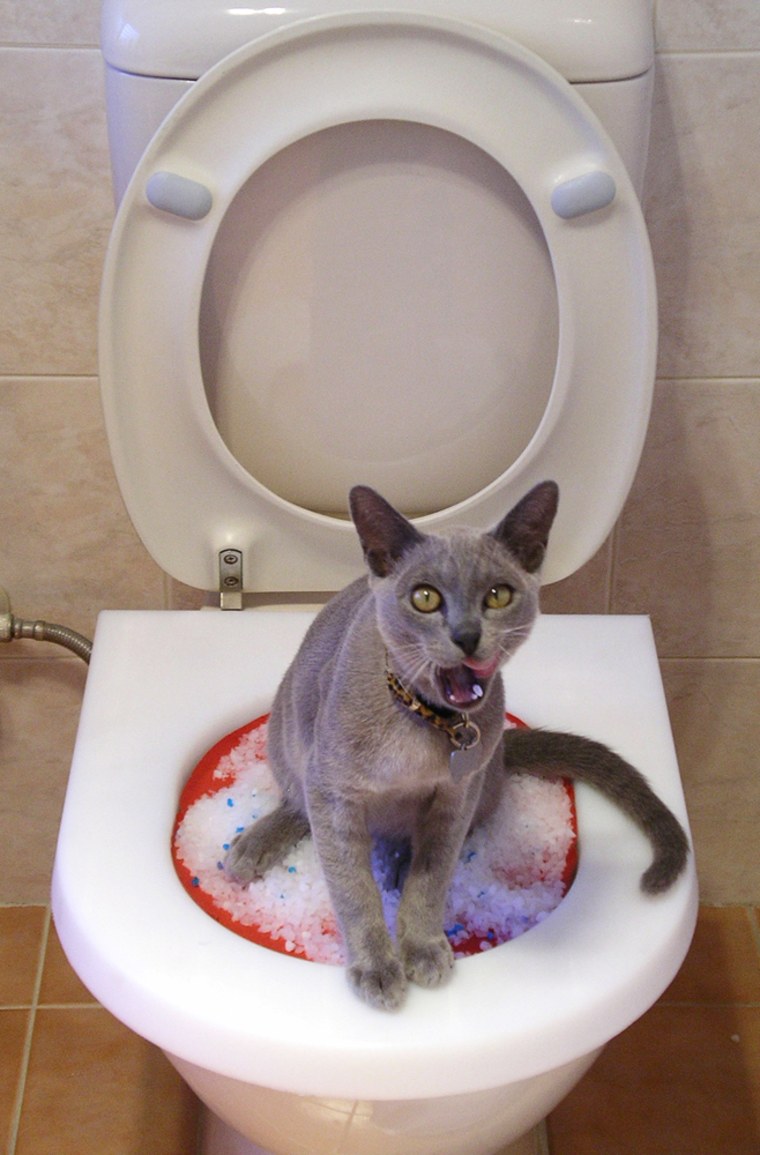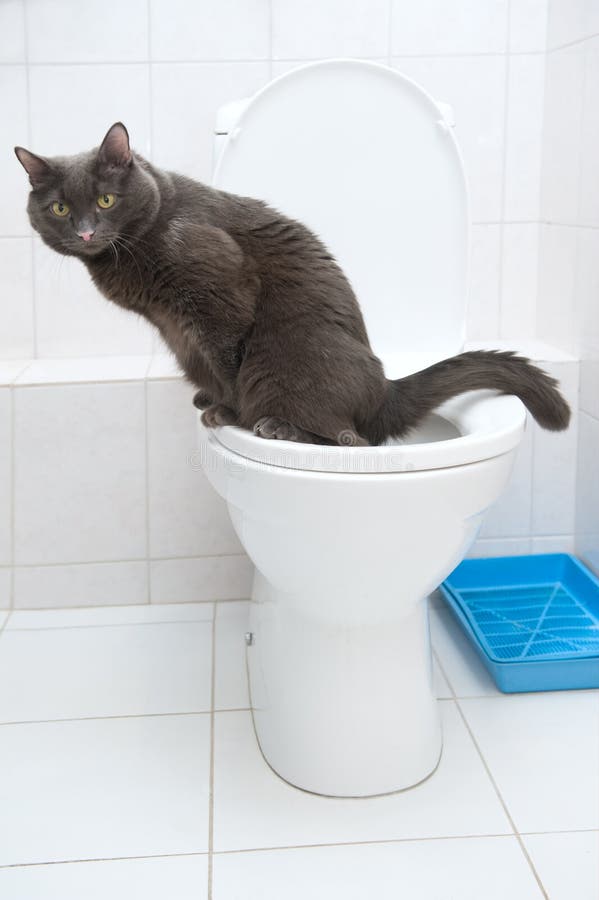Avoid Bathroom Emergencies: Never Flush Cat Poop Down Your Toilet - Professional Advice
Avoid Bathroom Emergencies: Never Flush Cat Poop Down Your Toilet - Professional Advice
Blog Article
The writer is making several good observations about How to Dispose of Cat Poop and Litter Without Plastic Bags in general in the content below.

Intro
As feline proprietors, it's vital to bear in mind just how we get rid of our feline good friends' waste. While it might seem practical to purge pet cat poop down the toilet, this method can have damaging effects for both the environment and human wellness.
Alternatives to Flushing
Luckily, there are more secure and much more liable ways to take care of cat poop. Think about the following options:
1. Scoop and Dispose in Trash
One of the most common method of throwing away pet cat poop is to scoop it into a naturally degradable bag and toss it in the garbage. Make certain to use a dedicated clutter scoop and deal with the waste without delay.
2. Usage Biodegradable Litter
Choose biodegradable feline clutter made from products such as corn or wheat. These litters are eco-friendly and can be securely gotten rid of in the garbage.
3. Bury in the Yard
If you have a backyard, think about burying cat waste in a designated location away from vegetable yards and water resources. Be sure to dig deep enough to stop contamination of groundwater.
4. Mount a Pet Waste Disposal System
Purchase an animal waste disposal system especially made for feline waste. These systems utilize enzymes to break down the waste, lowering smell and environmental effect.
Health Risks
Along with environmental issues, flushing cat waste can likewise position health threats to people. Cat feces may include Toxoplasma gondii, a parasite that can cause toxoplasmosis-- a possibly severe illness, especially for expecting ladies and people with damaged immune systems.
Environmental Impact
Flushing cat poop presents dangerous pathogens and bloodsuckers into the water, positioning a significant threat to aquatic ecological communities. These contaminants can negatively influence aquatic life and compromise water quality.
Final thought
Accountable animal ownership extends beyond providing food and sanctuary-- it additionally entails correct waste monitoring. By avoiding purging cat poop down the bathroom and opting for alternative disposal methods, we can reduce our environmental footprint and protect human wellness.
Why You Should Never Flush Cat Poop Down the Toilet
A rose by any other name might smell as sweet, but not all poop is created equal. Toilets, and our sewage systems, are designed for human excrement, not animal waste. It might seem like it couldn’t hurt to toss cat feces into the loo, but it’s not a good idea to flush cat poop in the toilet.
First and foremost, assuming your cat uses a litter box, any waste is going to have litter on it. And even the smallest amount of litter can wreak havoc on plumbing.
Over time, small amounts build up, filling up your septic system. Most litter sold today is clumping; it is made from a type of clay that hardens when it gets wet. Ever tried to scrape old clumps from the bottom of a litter box? You know just how cement-hard it can get!
Now imagine just a small clump of that stuck in your pipes. A simple de-clogger like Drano isn’t going to cut it. And that means it’s going to cost you big time to fix it.
Parasitic Contamination
Believe it or not, your healthy kitty may be harboring a nasty parasite. Only cats excrete Toxoplasma in their feces. Yet it rarely causes serious health issues in the cats that are infected. Most people will be fine too if infected. Only pregnant women and people with compromised immune systems are at risk. (If you’ve ever heard how women who are expecting are excused from litter cleaning duty, Toxoplasma is why.)
But other animals may have a problem if infected with the parasite. And human water treatment systems aren’t designed to handle it. As a result, the systems don’t remove the parasite before discharging wastewater into local waterways. Fish, shellfish, and other marine life — otters in particular — are susceptible to toxoplasma. If exposed, most will end up with brain damage and many will die.
Depending on the species of fish, they may end up on someone’s fish hook and, ultimately on someone’s dinner plate. If that someone has a chronic illness, they’re at risk.
Skip the Toilet Training
We know there are folks out there who like to toilet train their cats. And we give them props, it takes a lot of work. But thanks to the toxoplasma, it’s not a good idea.

As a serious person who reads on How to Dispose of Cat Poop and Litter Without Plastic Bags, I was thinking sharing that excerpt was important. Liked our posting? Please share it. Help others check it out. Bless you for your time. Don't forget to check our blog back soon.
Go Services Report this page